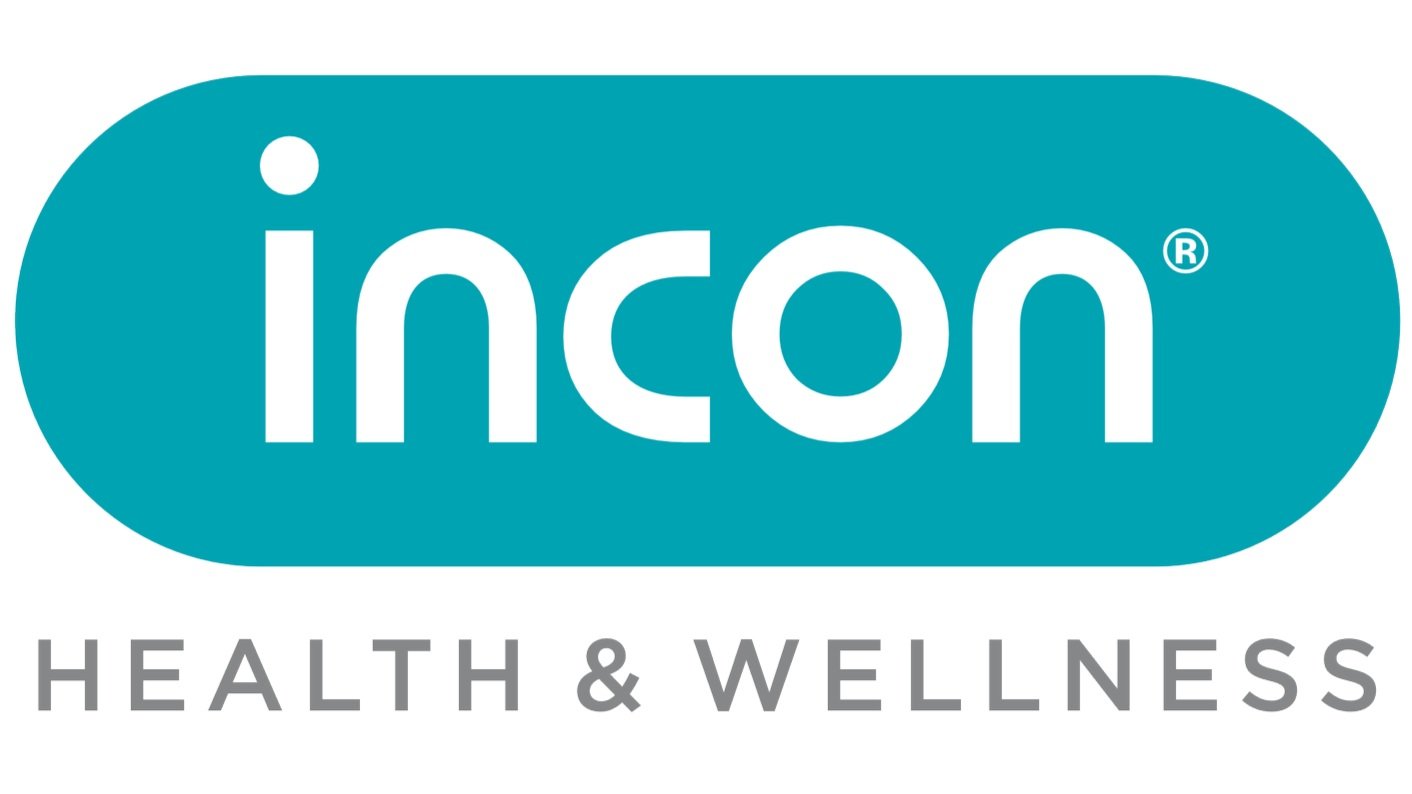Healthy Mind Healty Health
Mental health is no longer a conversation for the sidelines. It’s central to employee well-being, productivity, and workplace culture. But while physical health measures are well established in occupational health programmes, mental health support often lags behind. It’s time to change that.
The cost of neglecting mental health
Stress, burnout, and anxiety aren’t just personal struggles—they impact business outcomes too. Poor mental health leads to increased absenteeism, reduced performance, and higher staff turnover. Studies show that businesses investing in mental well-being see improved productivity and employee retention.
From policy to practice: making mental health support work
Embed mental health into company culture
Normalise conversations around mental health. Train leadership to recognise and respond to concerns, and encourage open discussions without stigma.Provide accessible support systems
Offering an Employee Assistance Programme (EAP) with professional counselling services is a strong first step. But accessibility is key—ensure employees know where to turn and that support is easy to access.Leverage technology for proactive well-being
Digital solutions, from mental health apps to virtual therapy, make support available anytime, anywhere. AI-driven tools can help employees track stress levels and recommend personalised wellness practices.Encourage work-life balance
Flexible working arrangements, reasonable workloads, and clear boundaries between work and personal time help prevent burnout. Leading by example—such as managers avoiding after-hours emails—reinforces a healthy culture.Regularly assess and adapt
Employee needs evolve. Conduct regular surveys, feedback sessions, and assessments to ensure mental health initiatives remain effective and relevant.
The future of workplace well-being
Mental health support isn’t just a ‘nice-to-have’—it’s essential. Companies that prioritise holistic well-being will see happier, healthier employees who are more engaged, motivated, and productive. The future of work depends on it.
Let’s build a workplace where well-being comes first.

